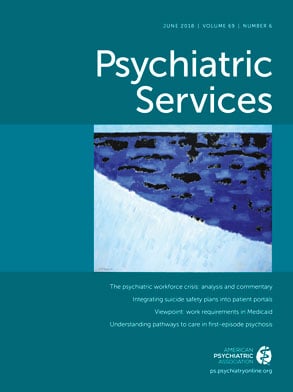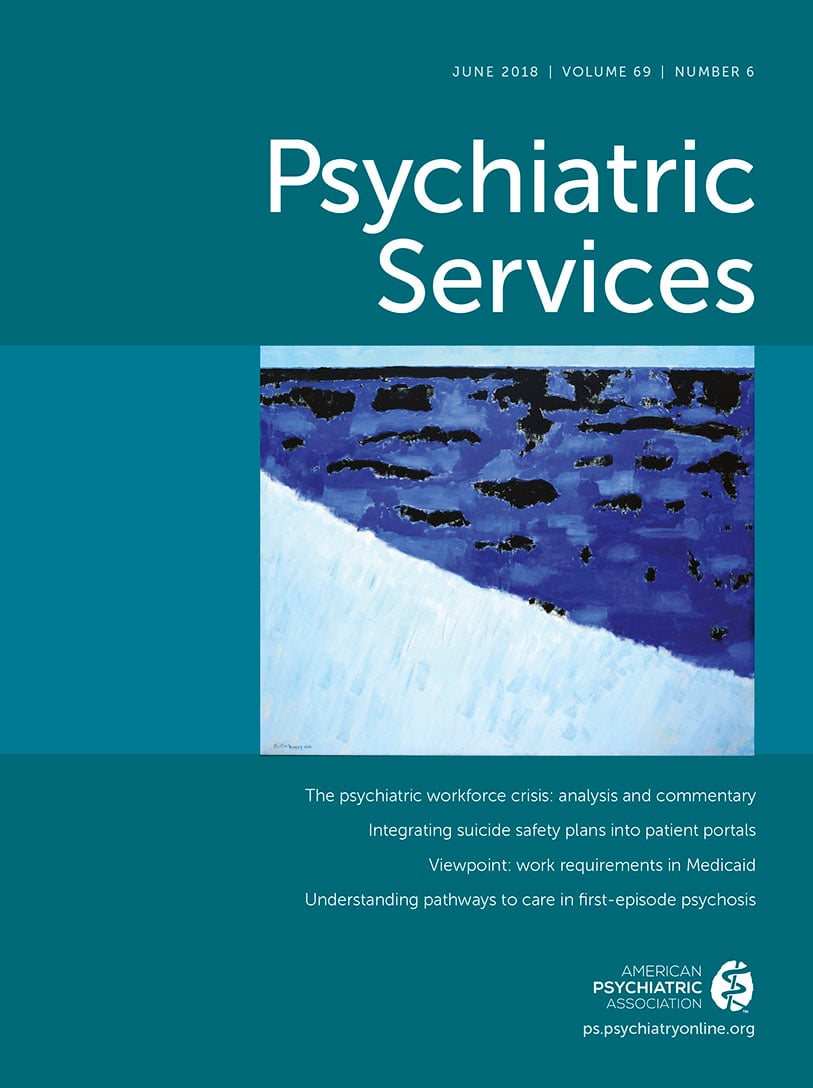The Case for Severe Mental Illness as a Disparities Category
Abstract
Formats available
You can view the full content in the following formats:
Information & Authors
Information
Published In

Cover: Sea Grasses and Blue Sea, by Milton Avery, 1958. Oil on canvas. Gift of friends of the artist, Museum of Modern Art, New York. Digital image © The Museum of Modern Art/Licensed by SCALA/Art Resource, New York. © The Milton Avery Trust/Artists Rights Society, New York.
History
Keywords
Authors
Competing Interests
Funding Information
Metrics & Citations
Metrics
Citations
Export Citations
If you have the appropriate software installed, you can download article citation data to the citation manager of your choice. Simply select your manager software from the list below and click Download.
For more information or tips please see 'Downloading to a citation manager' in the Help menu.
View Options
Login options
Already a subscriber? Access your subscription through your login credentials or your institution for full access to this article.
Personal login Institutional Login Open Athens loginNot a subscriber?
PsychiatryOnline subscription options offer access to the DSM-5-TR® library, books, journals, CME, and patient resources. This all-in-one virtual library provides psychiatrists and mental health professionals with key resources for diagnosis, treatment, research, and professional development.
Need more help? PsychiatryOnline Customer Service may be reached by emailing [email protected] or by calling 800-368-5777 (in the U.S.) or 703-907-7322 (outside the U.S.).
